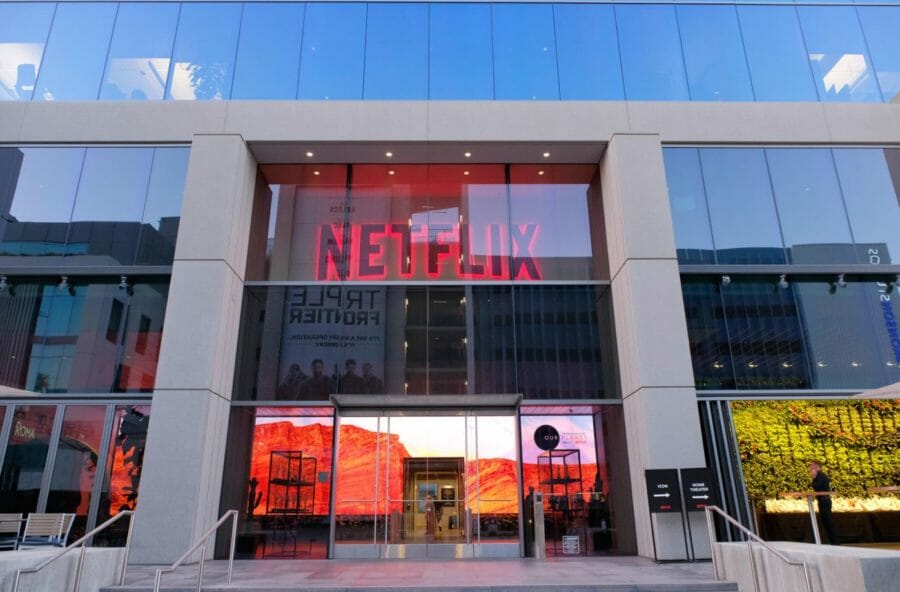The popular streaming service is set to grow its presence in the UK.
Despite the challenges posed by the COVID-19 pandemic, Netflix has experienced a significant boost in its subscriber base. In the first half of 2020 alone, the streaming service acquired more new subscribers than it did throughout the whole of 2019. This surge in growth has seen Netflix’s stock soar by over 60% this year, with its value increasing by more than 7 points at the current time. While many companies have scaled back their physical operations due to health and financial concerns, Netflix is bucking the trend by looking to expand its physical footprint, particularly in London.
As per a report by Bloomberg, Netflix is gearing up to relocate its primary London operations from its existing 30,000 square foot HQ to a new 87,000 square foot building in the West End of the city. The new premises, previously occupied by outsourcing firm Capita, will now be leased by Netflix. However, Netflix will still retain occupancy of one of the two buildings at its current headquarters alongside the new space, bringing its total occupancy in London to around 100,000 square feet once the transition is complete.
A spokesperson for Netflix highlighted the company’s commitment to the UK, stating, “As part of our ongoing commitment to the U.K., we are excited to expand our operations in London. This move will enable us to better cater to our members and the local creative community.”
Aside from accommodating its growing popularity, the viewpoints of Netflix Co-Chief Executive Reed Hastings may have influenced the decision to expand physical office space amidst the current remote work environment. In a previous interview with the Wall Street Journal, Hastings expressed his aversion to remote work, emphasizing the importance of face-to-face interactions with colleagues and partners, particularly those in international locations. He mentioned that several companies have been encouraging their employees to primarily work from the office while allowing for one day of remote work per week.













































